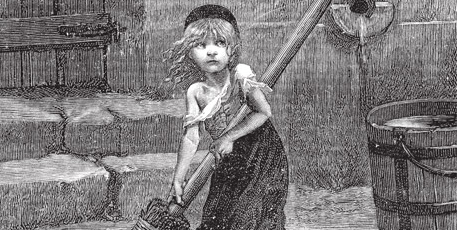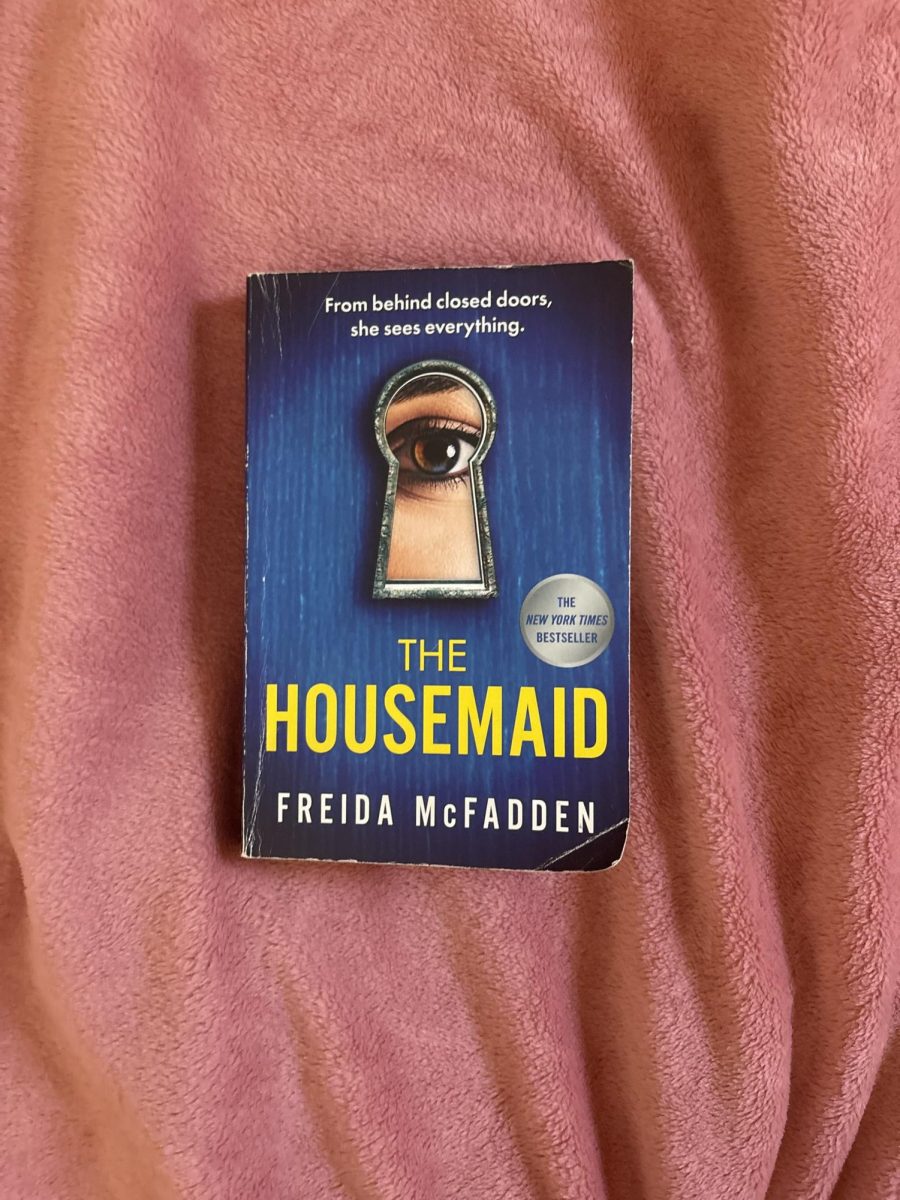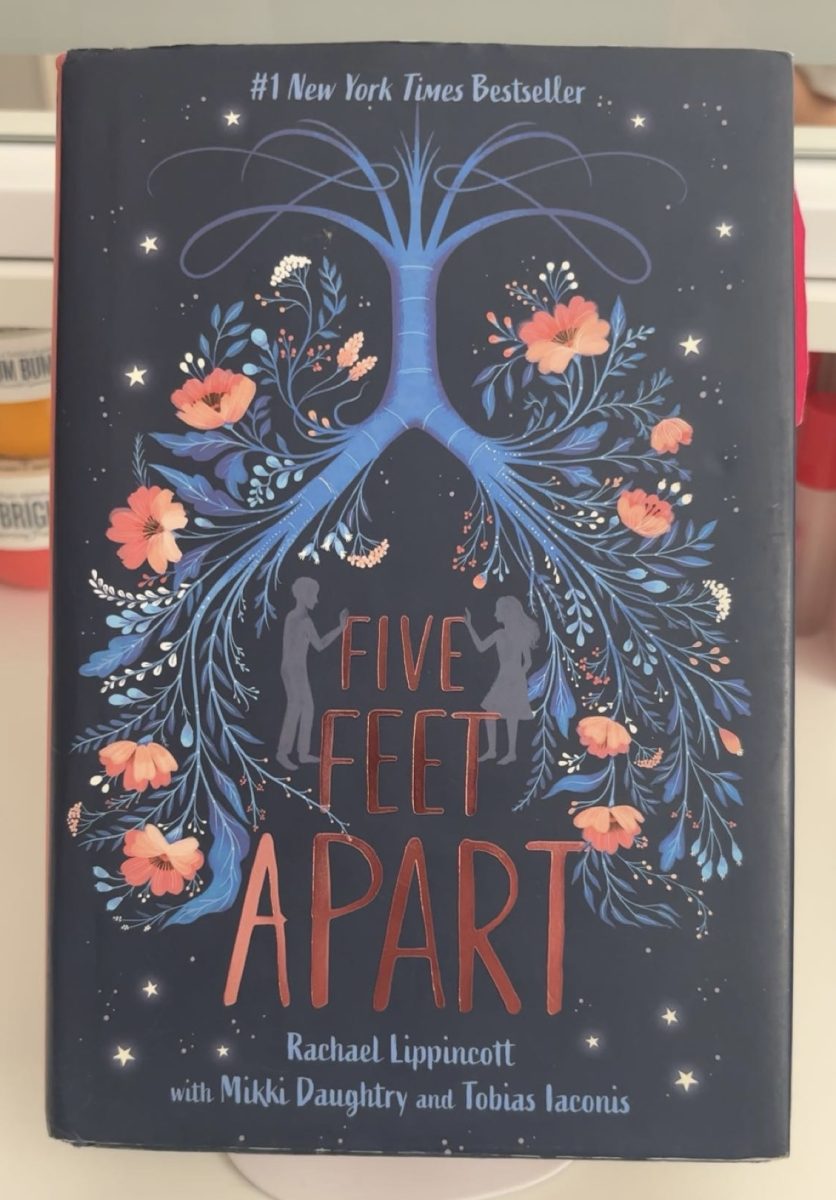Les Misérables is a historical fiction novel with fourteen hundred words that recounts the tragic tale of the June Rebellion.
Written in 1862 by French novelist Victor Hugo, Les Misérables is surrounded in French history, and to truly understand the book one must take a look into French history. The numerous French revolutions and attempts of the French to overthrow their monarchy is the basis of the book. It follows the lives of various characters, and their ways of living through these revolutionary movements.
The revolution that is the most important in this book, however, is the June Rebellion. All of the events in the book lead up to the June Rebellion, and the June Rebellion is the climax of the book. The June Rebellion is crucial to the plot of Les Misérables, so to understand the book, one needs to understand the June Rebellion.
The June Rebellion was held by workers and local youths. A majority of the youths who participated were still in school when the rebellion occurred. Citizens saw the suffering in their nation, and they despised it. Nothing was changing and a lot of people were suffering underneath the monarchy. France was dealing with many issues and the people became extraordinarily upset with the way things were being run. Thus, revolution.
That was the historical part in the historical fiction that is Les Misérables. The fiction part is just as fascinating.
The book follows the lives of various characters. Imprisoned for nine years because he stole a loaf of bread, the book follows ex-convict Jean Valjean. It also follows the life of sickly Fantine, who is trying desperately to support her daughter, Cosette. This book follows their lives twenty years before the June Rebellion.
The book also takes a look at the youth behind the June Rebellion. A group of student revolutionaries that call themselves Les Amis de l’ABC (Friends of the ABC in French) come into view later on into the book. As the June Rebellion approaches, this group tries to raise the citizens to take arms against the monarchy.
Les Misérables was adapted into a movie and a musical over the course of time. This makes it much easier to access for those who aren’t willing to read 1,400 pages. Almost all adaptations are around two hours, and contain varying amounts of singing.
Les Misérables is not a book for everyone. With extraordinary length and an old-fashioned vocabulary, the book can be threatening and difficult to read. This statement holds especially true toward younger or more casual readers. Written 154 years translated from French, some things in the book won’t make sense. The reader needs to have an understanding of some French history and customs. Thus, it’s an intimidating book to read.
That doesn’t make the book any less of an interesting read, however. For an audience of more thorough readers, it’s a great choice. Surrounded in history and French culture, the book won’t just entertain- it will educate. While some sections and chapters will feel dull, others will seem full of energy and invigoration.
Les Misérables will surely have readers hanging off the edge of their seat. For a more thorough reader, this book will be enjoyable to read. There’s tension, drama, romance, and death. There’s something for everyone to enjoy in Les Misérables, from the romantic to the cynic.
With a large cast of characters, there’s a character that almost everyone can like. There’s two characters in particular that are complete opposites, and can be equally loved by the audience. There’s Grantaire the cynic and Enjolras the idealist, they are both equally and wonderfully characterized. The character development and characterization in Les Misérables is something anyone can recognize and enjoy, even more casual readers.
Altogether, Les Misérables is definitely a book for more thorough readers. It’s a book for people who have a prior education in the history of France, or people who are willing to learn about it. It’s a good book, but a book only for a specific audience. Some will enjoy the old-fashioned style of the book and recognize the great writing that lies underneath. Others will hate the old-fashioned style and won’t see anything good with the book.
This book is meant for a specific audience, and to that specific audience the book will be amazing.











